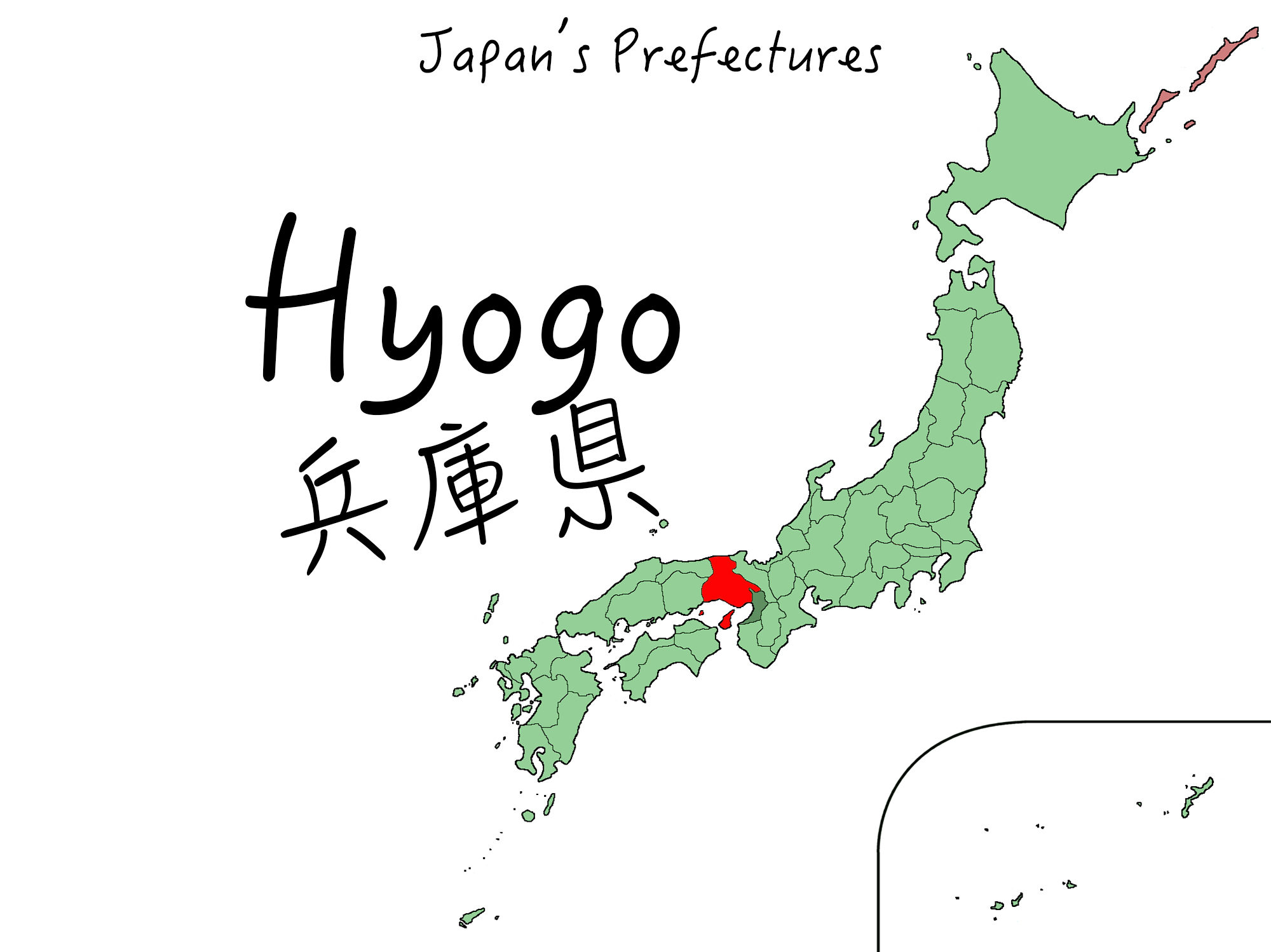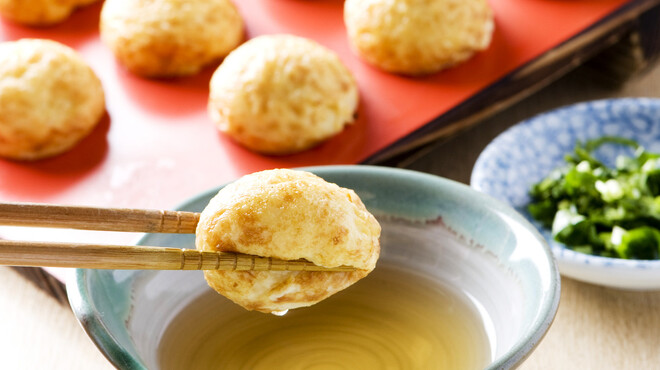
Hyogo Prefecture borders Kyoto and Osaka, two of the most well known and distinct prefectures, yet still manages to be a well loved tourist destination. Hyogo’s two biggest attractions are without doubt Kobe beef and Himeji Castle, but there’s quite a lot of other stuff too! Hyogo Prefecture has a number of notable onsets and castles other than Himeji. There’s a number of major festivals year round as well, so check those out if you plan on going to Hyogo!
How to get there: it’s super easy to access Hyogo Prefecture via Kyoto and Osaka on a regular train, and you can easily get there from Kansai Airport too! Within Hyogo Prefecture, there’s a good public transport network, as well as highways and roads you can use if you’re hiring a car.
On to the FOOD!

Kobe Beef
OK, we have to cover this. It can also be called Tajima beef, and it’s well known for being super extravagant. There are all sorts of stories about things like the cows listening to classical music, being fed beer and being massaged with sake. But while some of these stories may have elements of truth, there’s a much more easy to understand list of requirements to label something “Kobe Beef”
So basically, the same way “real” champagne is made in Champagne, Japanese beef varieties follow the same thinking. If you want to really appreciate Kobe beef, definitely eat it at BBQ!
Akashiyaki

Best described as a dumpling, but you might understand it better if it’s compared to takoyaki. It’s an egg based batter with octopus, and the whole dumpling is dipped into a dash based sauce before eating.
A surprising fact is that akashiyaki was the inspiration for takoyaki!
Matsuba Crab
We talked about snow crab in our Hokkaido blog, and now it’s making a return here in Hyogo! Hyogo is a huge producer of different types of crab, snow carb being one of them, and it’s known locally as Tajima Matsuba crab. What makes Matsuba crab different from regular snow crab is that it has to be an adult male.
It’s at its seasonal peak between November and March and best eaten boiled or grilled. It’s particularly popular in sukiyaki or broths, but it can be eaten as sashimi as well. Matsuba crab was even the theme ingredient in an old episode of Iron Chef!
https://www.youtube.com/watch?v=IbExJDvR9MA
Bokkake
The soul food of Hyogo, bokkake is beef strips and konnyaku (a jelly made out of a starchy plant) stewed in mirin and soy sauce. It’s used as a topping for udon noodles, okonomiyaki, and even as a filling for things like croquette.
It’s really easy to make at home, so try this recipe:

Ingredients:
500g stewing beef
2 blocks of konnyaku
1/2 packet of miso soup paste (I used red miso)
100ml dashi soup stock
700ml Water
1 tbsp oil
Directions:
1. Cut the beef into roughly 1 inch cubes
2. Drain the konnyaku and give it a quick rinse. Slice into 5-7mm thickness
3. Add 1 tbsp oil into a pan, heat and then sear the beef on both sides to seal in the juices. The middle should still be pink
4. Blanch the konnyaku in hot water for around 5 minutes, then drain the water away. Give it a quick rinse with cold water
5. Add the seared beef into the stewing pot with konnyaku
6. Make up the dashi soup stock with water and pour into the stewing pot
7. Bring everything to a boil and then simmer on low heat for 1 hour
8. When it is almost done, stir in half a packet of miso soup paste
9. To pan fry the konnyaku, heat 1 tbsp oil in a pan and fry on both sides til the skin blisters
8. Serve stew with rice!
Momiji-nabe

“Momiji” means maple leaf, and you might know if from momiji-manjuu which is a type of Japanese cake shaped like a maple leaf. But this dish has no maple in it! It’s actually a hot pot where the main ingredient is… deer!
The dark red colour of deer meat resembles a red maple leaf, which is where the name comes from. Deer meat is also highly regarded because it’s high in iron and protein but low in calories.
Enough about food, Hyogo Prefecture also has a great selection of drinks!

This is the only museum in all of Japan that’s dedicated to coffee. You can find out about the history of coffee, taste varieties from all over the world, and shop everything as well from the boutique coffee focused gift shop. For big coffee lovers, this place is a must visit when you’re craving a good cup of coffee.
Nadagogo Sake
Nadagogo is the name of an area famous for producing sake. You can take tours of the different breweries, taste from all of them, and buy a bottle of your favourite to take home.
